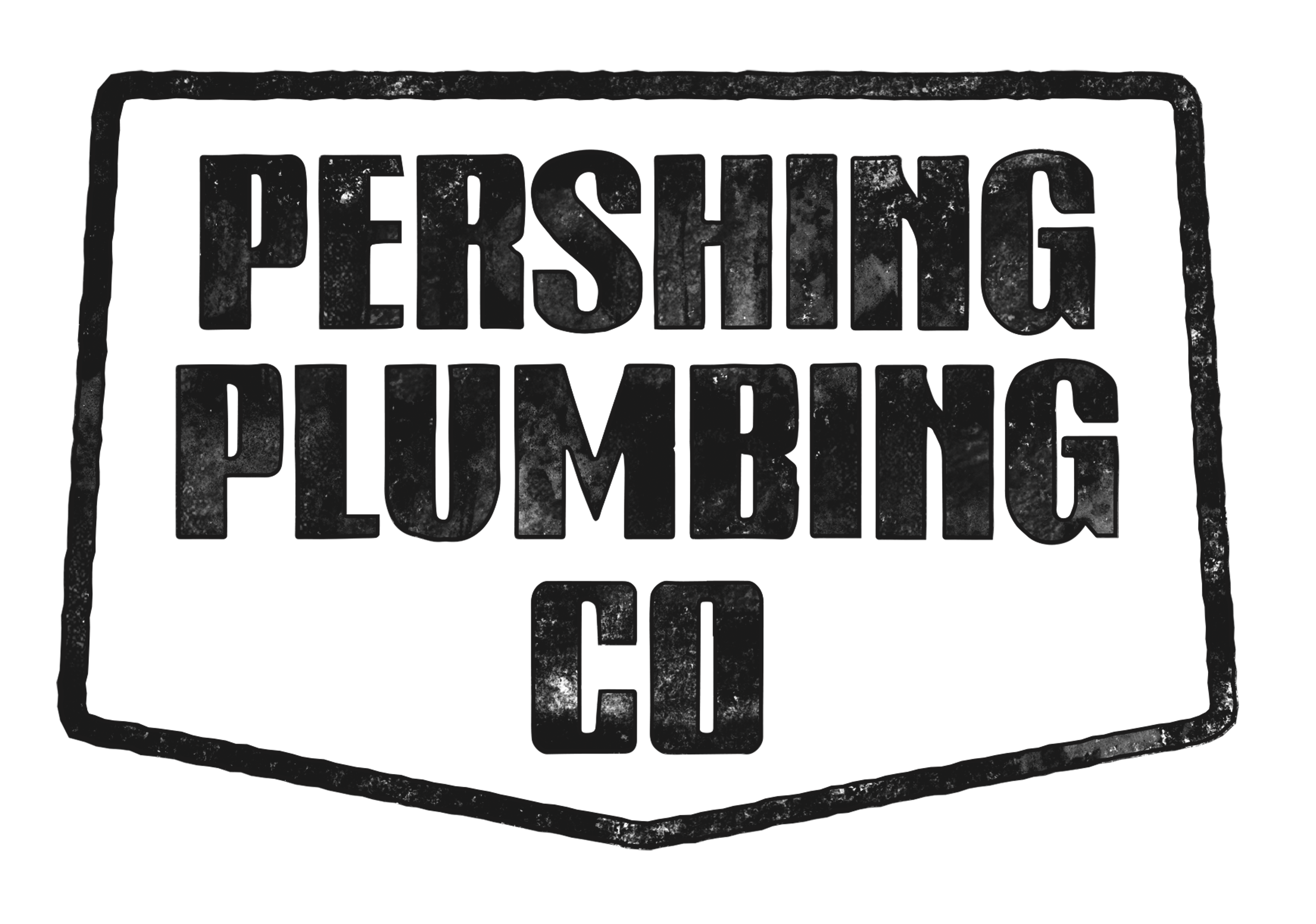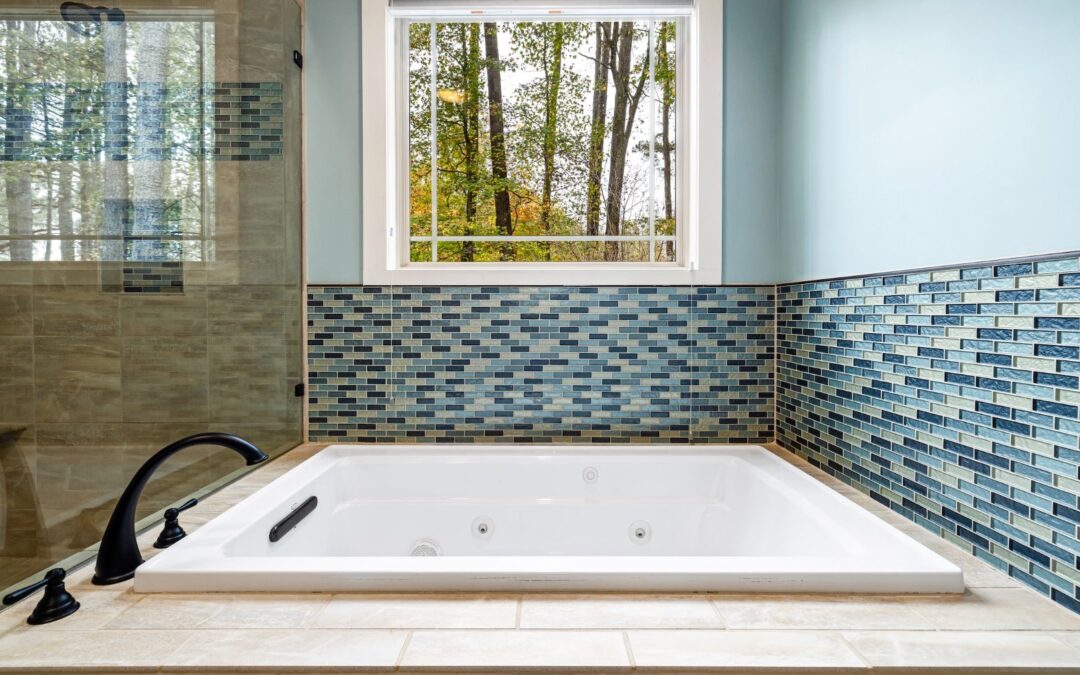Be aware of common plumbing problems that can occur in apartments. An American family can drink 300 to 400 gallons per day. Multiplying this number by the number of households in an apartment block will make it seem exponential. The American Apartment Owners Association says that landlords must maintain their property in a manner that is comfortable for the tenant. All damages that could pose a danger to the tenant or their family members should be addressed immediately.
Although it is the landlord’s responsibility to fix any plumbing issues, it is your responsibility, as a tenant, to be aware and catch problems early.
Apartment Plumbing: How it is Different
Apartment buildings may have different plumbing needs depending upon the type of structure. Multi-story Apartments are high buildings that require special pressure and drainage to allow water to reach every floor. Due to their high height, these apartments are not allowed to tap into the municipal water supply. They must store their water in their own tanks.
Multiple Dwellings can be described as condos with similar plumbing structures to houses. They have different plumbing types such as vertical stacks or horizontal lines. These ensure that clean water flows where it is supposed, while ensuring that dirt and other debris are drained.
You can identify the type of apartment that you live in and help you to avoid potential problems.
Here are the Top 5 Most Common Plumbing Issues in Apartments
Leaks
Apartment plumbing problems are most commonly caused by leaks. Even if the leak is not large, it could still lose hundreds of gallon of water over time, which can lead to high water bills. Most often, dripping faucets will need to be replaced or tightened to stop water flow. The landlord should address this matter. Leaks can sometimes not be apparent, such as a sink dripping. You may not be aware that your pipes can become damaged.
If the apartment is quiet, listen out for any sounds that might indicate water flow. A drop in your hot-water supply could indicate a leaky water heater. You should inform your landlord.
Clogs
A blocked drain can lead to blockages in your apartment. Because they are frequently used and accumulate material quickly in apartments, the toilets are often most at-risk. Although you can clear most common clogs with the plunger, toilet backups are costly and can cause serious damage.
To prevent blockages, you should not flush any organic material or toilet paper. Since these materials are not meant to be broken down the same way as soap, shampoo, toothpaste, and feminine hygiene products, they can cause serious backups.
Tub drains can become clogged from hair. A hair catcher is an effective way to keep them clear. Avoid putting cooking oils, greases and coffee grounds down the sink in the kitchen.
Dirty Water
It can indicate pipe damage or contamination if the water comes from the taps and begins to turn a strange color or have a peculiar taste. Rusted pipes are most commonly to blame for these symptoms. However, it’s important to check all faucets in your apartment to find out how serious the problem is.
The issue could be fixed if it is isolated to one pipe. But if there are multiple faucets affected, the problem could become more serious. Ask neighbors to report any water issues and contact a landlord. Contaminated drinking water can pose a risk to your health. It is important to identify the source of the problem as soon as possible.
Ceiling and bathroom flooding
Flooding is a major problem when living in apartments. It can also cause ceiling damage. A flooding can happen if you have neighbors below. These accidents are most frequent in the bathroom, as many apartments have them built on top each other.
Flooding can be caused by poor drainage or damaged pipes, or accidental overflows of a bathtub or sink. Landlords have to ensure routine maintenance of their plumbing systems. But, you can also be held responsible for damages if you cause a flood. Watch out for overflows, and make sure to secure the hose attachment.

